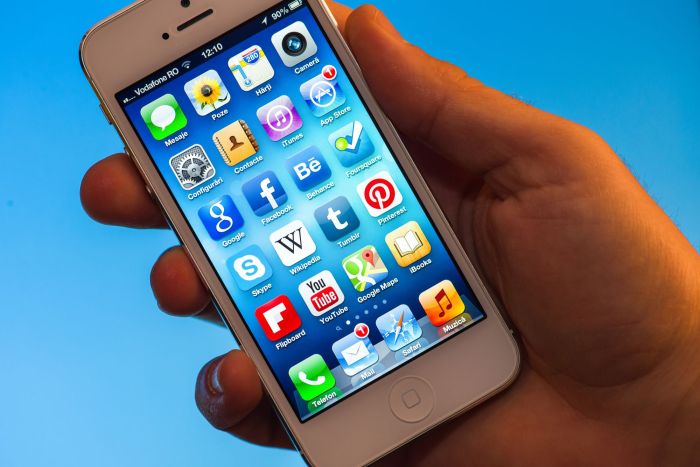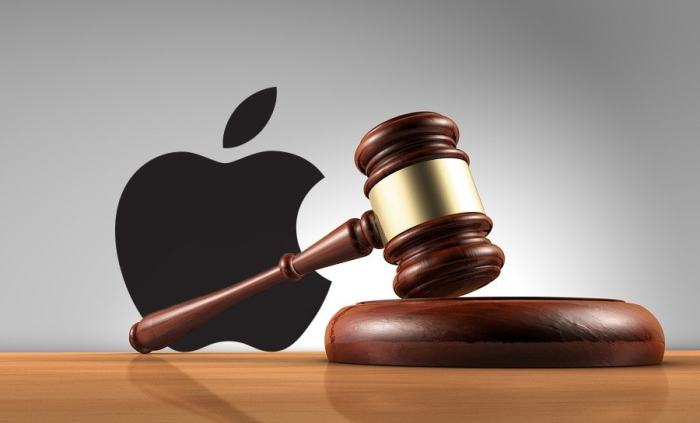Background of the Lawsuit
The Apple class action lawsuit regarding iPhone upgrades centers around allegations that Apple intentionally slows down older iPhones to encourage users to purchase newer models. The plaintiffs claim that Apple’s practices constitute deceptive and unfair business practices, as well as a violation of consumer protection laws.
iPhone Models and Operating Systems Involved
The lawsuit focuses on a range of iPhone models and operating systems, including:
- iPhone 6
- iPhone 6 Plus
- iPhone 6s
- iPhone 6s Plus
- iPhone 7
- iPhone 7 Plus
- iPhone SE (first generation)
- iOS 10
- iOS 11
Apple’s Alleged Practices
The lawsuit alleges that Apple implemented a software update that deliberately slowed down older iPhones. The plaintiffs claim that Apple’s actions were motivated by a desire to encourage users to upgrade to newer models. Specifically, the lawsuit alleges that Apple:
- Used software updates to throttle the performance of older iPhones.
- Failed to disclose the impact of these software updates on performance.
- Misrepresented the benefits of these software updates to users.
Arguments of the Plaintiffs
The plaintiffs in the iPhone upgrade class action lawsuit allege that Apple has engaged in deceptive and unfair practices that have harmed consumers. They argue that Apple has intentionally slowed down older iPhones to encourage users to upgrade to newer models, thereby depriving them of the full value of their existing devices. The plaintiffs contend that Apple has violated their rights as consumers and seeks compensation for the alleged damages.
Alleged Harm Caused by Apple’s Upgrade Practices
The plaintiffs argue that Apple’s practice of slowing down older iPhones has caused them significant harm in several ways.
* Reduced Device Performance: The plaintiffs claim that their iPhones became noticeably slower after receiving software updates, making it difficult to perform basic tasks such as browsing the internet, using apps, and taking photos.
* Decreased Battery Life: They also allege that the updates caused a significant reduction in battery life, forcing them to charge their phones more frequently.
* Loss of Value: The plaintiffs argue that the slowdown in their iPhones diminished their value, making it difficult to sell or trade them for a fair price.
Violation of Consumer Rights
The plaintiffs argue that Apple’s practices violate their rights as consumers in several ways:
* Deception: They contend that Apple deceived them by failing to disclose the potential performance issues associated with software updates.
* Unfair Trade Practices: The plaintiffs argue that Apple’s practice of slowing down older iPhones constitutes an unfair trade practice, as it deprives consumers of the full value of their devices.
* Breach of Warranty: The plaintiffs claim that Apple’s actions violate the implied warranty of merchantability, which guarantees that products will perform as expected.
Legal Claims
The plaintiffs have asserted several legal claims in the lawsuit, including:
* Fraud: The plaintiffs allege that Apple’s actions constitute fraud, as they intentionally misled consumers about the performance of their iPhones.
* Unjust Enrichment: The plaintiffs argue that Apple has been unjustly enriched by profiting from the sale of new iPhones while intentionally slowing down older models.
* Violation of Consumer Protection Laws: The plaintiffs allege that Apple’s actions violate state and federal consumer protection laws.
* Breach of Contract: The plaintiffs argue that Apple’s actions violate the implied warranties associated with the sale of iPhones.
Apple’s Response
Apple has vehemently denied the allegations in the lawsuit, arguing that its practices are fair and transparent. They have maintained that the iPhone upgrade program is a valuable service that benefits consumers and that they have always been transparent about the program’s terms and conditions.
Apple’s Arguments
Apple has countered the lawsuit with several arguments, including:
* The upgrade program is optional: Apple emphasizes that customers are not obligated to participate in the upgrade program and have the freedom to choose alternative methods of purchasing iPhones.
* Transparency of program terms: Apple argues that the terms and conditions of the upgrade program are clearly communicated to consumers before they enroll, including the potential for early termination fees.
* Economic benefits for consumers: Apple claims that the upgrade program provides consumers with the opportunity to upgrade to the latest iPhones more frequently and at a lower cost than purchasing them outright.
* No evidence of harm: Apple contends that the lawsuit lacks evidence that consumers have been harmed by the upgrade program.
Apple’s Actions
Apple has taken several actions to address the allegations in the lawsuit, including:
* Issuing public statements: Apple has issued statements reiterating its commitment to customer satisfaction and emphasizing the fairness of its upgrade program.
* Providing information to the court: Apple has provided the court with detailed information about the upgrade program, including its terms and conditions, as well as data on customer usage and satisfaction.
* Negotiating with plaintiffs: Apple has engaged in discussions with the plaintiffs in an attempt to reach a settlement.
Potential Outcomes: Apple Class Action Lawsuit Iphone Upgrade
The outcome of the iPhone upgrade class action lawsuit could have significant implications for both Apple and its users. There are several possible scenarios, each with its own set of consequences.
Possible Outcomes, Apple class action lawsuit iphone upgrade
The lawsuit could result in several potential outcomes, including:
- Settlement: The most likely outcome is a settlement agreement between Apple and the plaintiffs. This would involve Apple agreeing to pay a sum of money to the class members in exchange for dropping the lawsuit. The settlement amount could be a fixed sum or a percentage of Apple’s profits from iPhone sales during the relevant period.
- Judgment in Favor of the Plaintiffs: If the court finds in favor of the plaintiffs, Apple could be ordered to pay damages to the class members. These damages could include compensation for the cost of the iPhone upgrades, as well as punitive damages to punish Apple for its alleged wrongdoing.
- Judgment in Favor of Apple: If the court finds in favor of Apple, the lawsuit would be dismissed. This would mean that the plaintiffs would not receive any compensation.
Impact on Apple’s Future Practices
The outcome of the lawsuit could significantly impact Apple’s future practices. If the court finds that Apple engaged in deceptive or unfair business practices, the company may be forced to change its policies regarding iPhone upgrades. This could include:
- Increased Transparency: Apple may be required to be more transparent about the performance of its iPhones and the reasons for its upgrade recommendations.
- Changes to Upgrade Programs: Apple may be forced to make changes to its upgrade programs, such as offering more flexible options or making it easier for users to opt out of upgrades.
- Increased Regulatory Scrutiny: The lawsuit could lead to increased regulatory scrutiny of Apple’s business practices, potentially resulting in new laws or regulations.
Legal Precedent
The outcome of the lawsuit could set a legal precedent that could impact future consumer protection cases. If the court finds in favor of the plaintiffs, it could establish a new legal standard for what constitutes deceptive or unfair business practices in the context of technology upgrades. This precedent could be used in future lawsuits against other companies that engage in similar practices.
Apple class action lawsuit iphone upgrade – The Apple Class Action Lawsuit: iPhone Upgrade Woes has the potential to reshape the relationship between tech companies and their customers. The outcome of this case could set a legal precedent for how companies manage device performance and upgrade policies. The lawsuit highlights the growing concern about planned obsolescence, raising questions about the ethics of intentionally limiting the lifespan of products. Whether the lawsuit succeeds or fails, it has undoubtedly sparked a conversation about consumer rights and the power dynamics within the tech industry.
While Apple faces a class action lawsuit over its iPhone upgrade practices, a new development in the world of streaming might offer some distraction. The Sling TV Windows 10 app has arrived, bringing with it a new add-on pack, allowing users to customize their viewing experience. Whether you’re waiting for a verdict on the iPhone upgrade lawsuit or just looking for new streaming options, Sling TV’s latest update might be worth checking out.
 Standi Techno News
Standi Techno News

